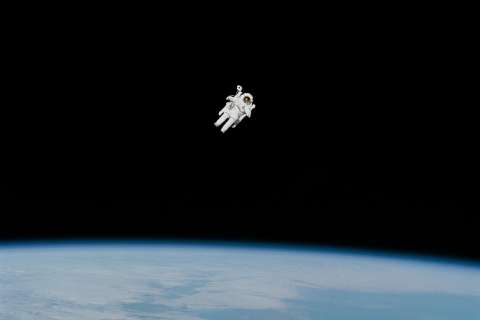Dear Doctors: I’m pregnant, and just like last time, random strangers feel it’s OK to comment on what I eat and drink. Is it true a little coffee is OK when you’re pregnant? My weekly cup is a big treat, and I want a good answer when the barista at my local coffee shop scolds me for not getting decaf.
Dear Reader: Unfortunately, being on the receiving end of unsolicited advice is a common occurrence when someone is pregnant. Whether offered by well-meaning family and friends or by nosy strangers on the street, it’s at the least a breach of privacy, and often a source of stress. And considering the misinformation and folklore that sometimes pass for pregnancy advice, educating yourself is a good idea.
When it comes to coffee -- and really we’re talking about caffeine here -- the current guidance recommends limiting intake to a maximum of 200 mg per day. A 12-ounce cup of brewed coffee contains between 70 and 250 mg of caffeine, depending on the types of beans, as well as the method used to make it. Instant coffee comes in on the lower end of the range, while a well-known national chain of coffee shops reports 260 mg of caffeine in their 12-ounce size.
Caffeine is also present in soft drinks, chocolate, tea, energy drinks and some medications. And be sure to read the labels on energy bars or energy drinks, as they can pack in from 50 to 300 mg of caffeine. Consume any of these, and they contribute to your daily caffeine total.
The 200 mg daily limit comes amid years of debate about the safety of consuming caffeine during pregnancy. Research into the topic has yielded often-conflicting results. Some older studies observed certain adverse effects associated with daily caffeine consumption, while subsequent studies didn’t replicate those findings. Several more recent studies suggest that regular caffeine consumption may lead to a small decrease in birth weight, which is a persuasive argument for observing the recommended limits. And it’s important to remember that caffeine crosses the placenta to the baby, which at this stage of life does not have the enzymes needed to break it down.

Meanwhile, a new study from researchers at the University of Pennsylvania found that consuming a modest amount of caffeine was associated with a surprising benefit to the mother. Specifically, drinking up to 100 mg of caffeine per day during the second trimester was associated with a reduced risk of developing gestational diabetes. That’s a type of diabetes that occurs during pregnancy in someone who was not previously diabetic. All of this makes the caffeine question a knotty one.
Regarding your specific situation, the single cup of coffee per week that you are allowing yourself during your pregnancy is well below the recommended maximum. However, if you’re unsure about your choice, be sure to bring it up with your obstetrician at your next appointment. The two of you can discuss your options and arrive at a decision that you feel comfortable with.
Our OB/GYN team of expert healthcare providers offers the full spectrum of services and treatments. Learn more and schedule an appointment.
(Send your questions to [email protected], or write: Ask the Doctors, c/o UCLA Health Sciences Media Relations, 10960 Wilshire Blvd., Suite 1955, Los Angeles, CA, 90024. Owing to the volume of mail, personal replies cannot be provided.)





